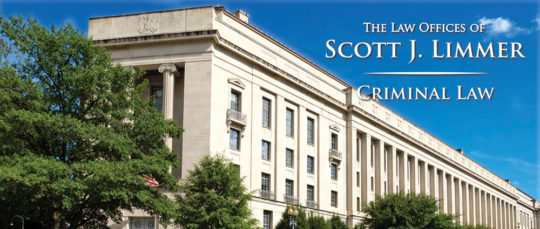Last July, the Trump Department of Justice (DOJ) said it planned to end a lengthy hiatus on federal executions (the last occurred in 2003) and carry out death sentences on four convicted murderers of children. Attorney General William Barr also directed the Bureau of Prisons to use a single-drug lethal injection protocol using the sedative pentobarbitol sodium.
The first new federal execution was scheduled for December 9th last year, but all were blocked on November 20 by the order of a federal district court judge in Washington, D.C. Obama appointee Tanya Chutkan accepted the inmates’ argument that DOJ’s plan likely violated the Federal Death Penalty Act (FDPA), a 1994 law providing that federal death sentences be carried out in the manner of execution specified by the state where the capital crime was committed.
After a federal appeals court refused to lift the lower court’s order blocking the executions, DOJ quickly asked the Supreme Court to do so. The government argued FDPA merely requires federal executions to follow the general method set by the state (for example, lethal injection), not to observe every detail of the state-mandated method (such as which drugs can be used). Under FDPA, when a state lacks a death penalty, BOP can choose which state procedure it will follow.
Fourteen death-penalty states also submitted a “friend of the court” brief urging the high court to step in to allow federal executions to resume; the brief observed five states already use the single-drug lethal injection protocol DOJ proposed, calling it “tried-and-true,” and argued any further delay would make capital case rulings less final. (A 7-2 Supreme Court decision in 2008 upheld an often-used three-drug execution protocol, but one of those drugs thereafter became largely unavailable and left governments searching for alternatives.)
Request to Resume Federal Death Penalty Declined by the Supreme Court
On December 6, without issuing an opinion, the Supreme Court declined to lift the lower court’s freeze on federal executions but did say it expected the federal appellate court to decide the merits of the inmates’ case “with appropriate dispatch.”
Three Justices (Samuel Alito, Neil Gorsuch, and Brett Kavanaugh) issued an Alito-written statement critiquing the district court’s decision for misreading the FDPA as over-specific and possibly requiring federal executions to use less humane state-mandated procedures. The statement added the intermediate court reviewing the appeal (Barr v. Roane) should not need over 60 days to issue its decision.
During January 15 arguments before the appellate court, two members of a three-judge panel seemed to be leaning towards DOJ’s position that federal executions must only follow the general manner, but not every detail, of state-mandated executions. At the time, the appellate court had about three weeks remaining in the 60-day deadline suggested by Justice Alito. While the debate on whether, and in what fashion, federal executions will resume is thus still unresolved, the outcome seems likely to be determined in fairly short order.
While awaiting the appellate court’s ruling and a potential Supreme Court appeal, DOJ is not standing still on the as-yet unresolved issue of restarting federal executions. The agency also scheduled a fifth execution in California and will seek the death penalty for an El Salvadorean native regarded as the leader of a Washington, D.C. branch of the MS-13 gang who’s facing capital kidnapping and homicide charges in the deaths of two teenagers.
About the Author
Scott J. Limmer is a New York criminal attorney practicing primarily in Nassau, Suffolk, and Queens counties. You can contact Scott anytime. He is available 24 hours a day, 7 days a week, year-round and your initial consultation is free.
